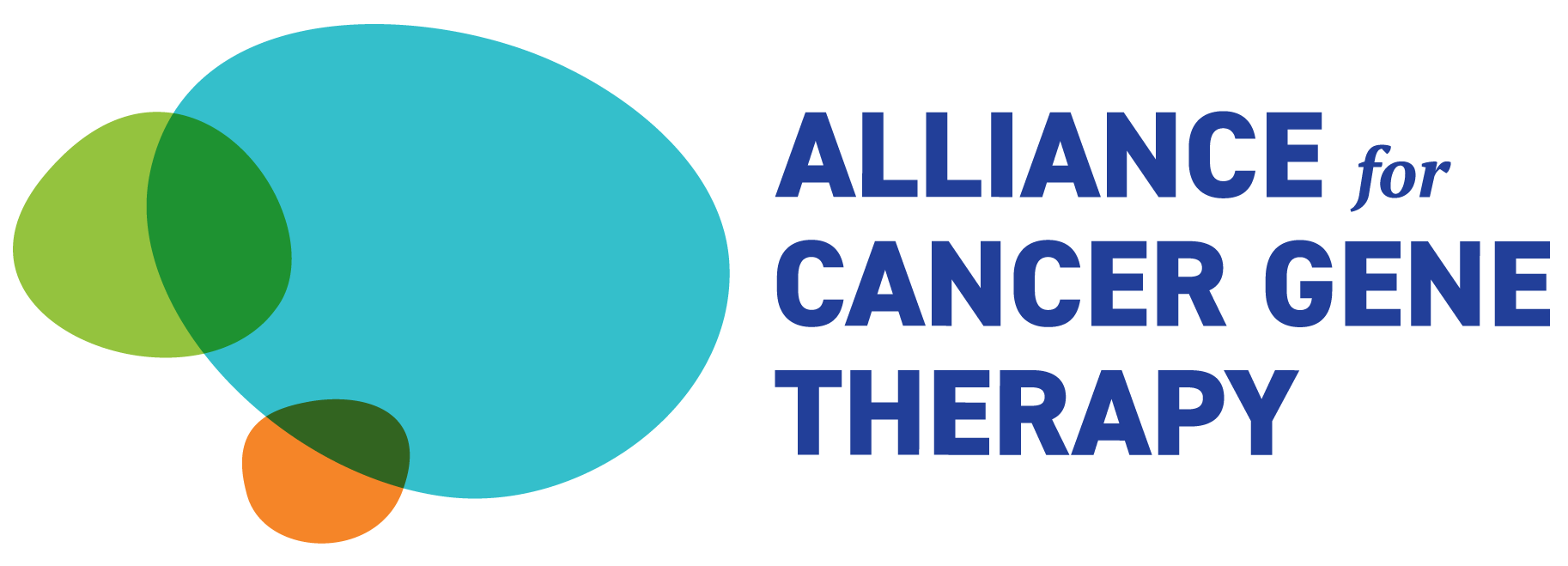
Efforts to Advance Cell and Gene Therapies for Breast Cancer

October is National Breast Cancer Awareness Month, and thus serves as an additional moment to point to the progress made in cell and gene therapy development, as well as the lingering challenges.
October is National Breast Cancer Awareness Month, which is an opportunity to highlight the need for and the progress in developing cell and gene therapies for this challenging cancer.
Part of Breast Cancer Awareness Month is underscoring the importance of clinical trials for both patients who are seeking more treatment options and researchers committed to improving lives.
What is Cell and Gene Therapy?
There are several cell and gene therapies approved by the FDA for blood cancers such as leukemia, lymphoma, and multiple myeloma. ACGT played a significant role in these approvals, and the focus is now on solid tumors such as breast cancer.
Facts About Breast Cancer
Breast cancer is the second leading cause of cancer death in women and, according to the American Cancer Society, women in the United States have on average a 1 in 8 chance of developing this disease. Metastatic breast cancer, meaning cancer initially located in the breast that has spread to other areas of the body, is the leading cause of breast cancer deaths.
As research into cell and gene therapies for solid tumors makes progress, there are new opportunities for patients to participate in breast cancer clinical trials that test CAR T-cell therapy and other approaches to empower the immune system to find and destroy cancer cells.
Newsletter
Stay at the forefront of cutting-edge science with CGT—your direct line to expert insights, breakthrough data, and real-time coverage of the latest advancements in cell and gene therapy.















